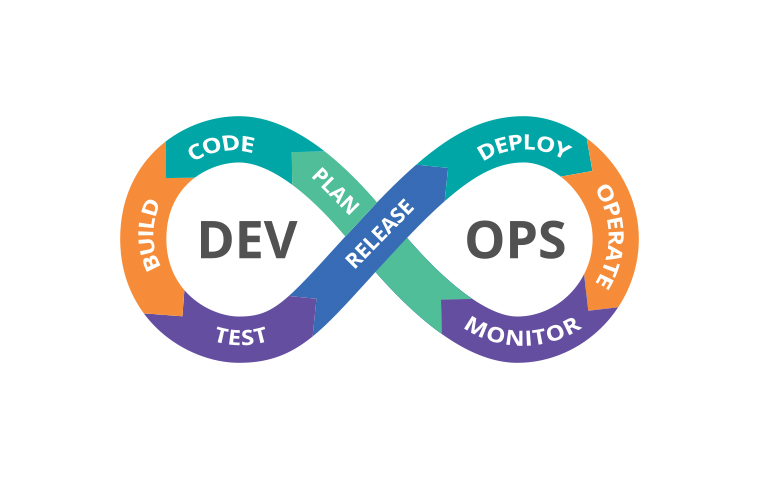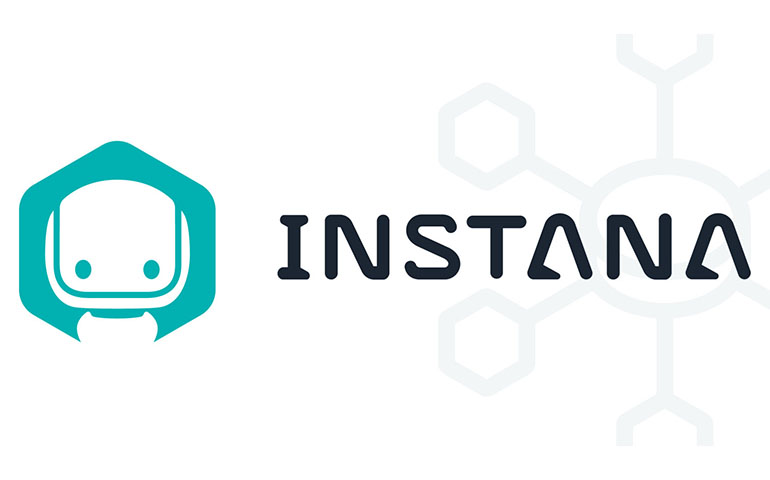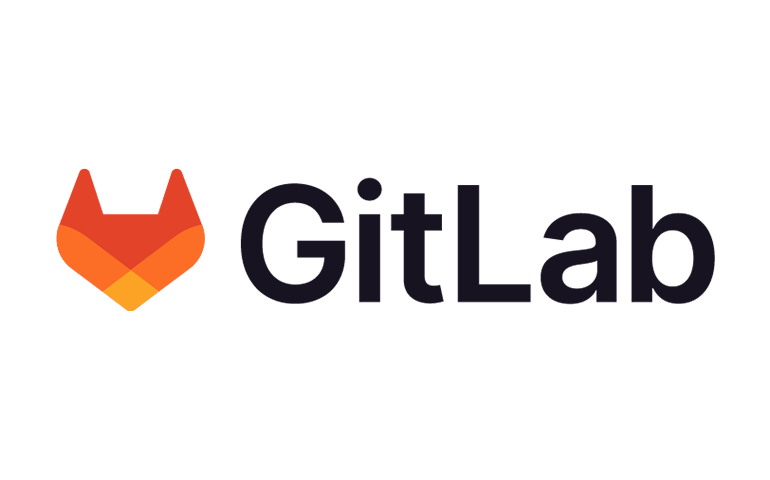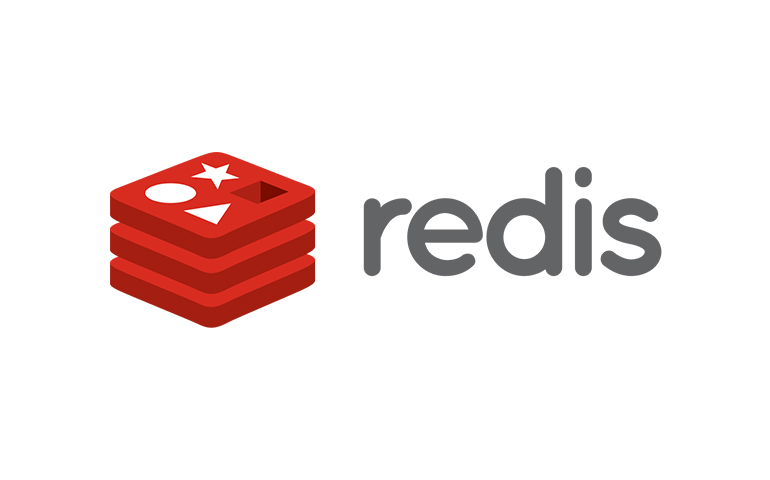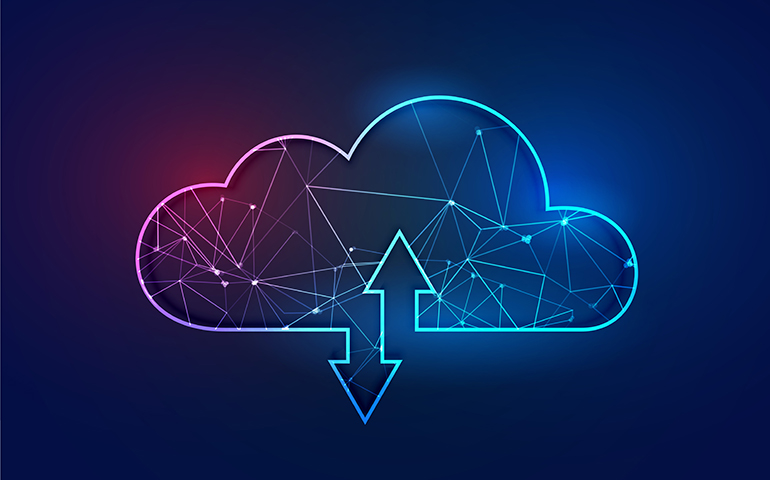What is DevOps? Why is DevOps important?
DevOps is a way of thinking about more productive software development and delivery. It is an essential game-changing culture as it brings together developers, operations, and other teams, involved in the software development process.
What is DevOps?
DevOps is a software development method that enables close organizational collaboration and communication between development, operations, and other stakeholders involved. Without the cooperation of functions enhancing procedures and developers focusing on the code, the two sides will work in silos.
DevOps solutions automate and integrate processes between software development and operations teams to reduce human error, increase efficiency, and accelerate software development. This collaboration enables aligning goals, sharing knowledge, and resolving issues more effectively.
Why is DevOps So Important?
DevOps solutions enable organizations to deliver software faster, improve collaboration, increase efficiency, enhance stability and reliability, achieve scalability, drive continuous improvement, and optimize costs. These benefits ultimately contribute to business growth, innovation, and customer satisfaction.
Relationship between DevOps and Cloud
Cloud provides an ideal platform to support and enable DevOps practices. It offers scalable infrastructure, automation and orchestration services, collaboration capabilities, support for CI/CD pipelines, monitoring and management tools, and flexibility to meet changing business needs.
DevOps Solutions
DevOps solutions conduct a product-focused mindset for faster and higher quality delivery. DevOps solutions include CI/CD tools, configuration management tools, monitoring tools, containerization platforms, and cloud services, which facilitate implementing DevOps services. Let's look at some of these solutions and tools closer:
- Continuous Integration/Continuous Delivery (CI/CD) tools automate integrating code changes, running tests, and rapidly deploying software to various environments.
- Configuration management tools like Ansible, Chef, Puppet, and SaltStack enable organizations to manage and automate the configuration of infrastructure resources.
- Containerization tools like Docker enable organizations to package applications and their dependencies into portable containers. Container orchestration platforms like Kubernetes and Red Hat OpenShift Container Platform provide automated containerized application deployment, scaling, and management.
- Cloud platforms like AWS, Azure, and GCP offer services, including computing resources, storage, databases, serverless computing, networking, monitoring, and security that support DevOps practices.
- Infrastructure as code (IaC) and automation practices enable organizations to quickly scale their infrastructure and applications. IaC These tools like Terraform, AWS CloudFormation, Azure Resource Manager, and Google Cloud Deployment Manager help provision and manage infrastructure in a scalable, repeatable, and consistent way.
- Version Control Systems (VCS) tools help to manage source code and enable collaboration among developers. VCS tools like Git (GitLab, GitHub, Bitbucket, etc.) and Subversion (SVN) track changes to code, allow branching and merging and facilitate code reviews.
- Monitoring and logging tools help organizations gain visibility into their applications and infrastructure's performance and health. These tools, like Instana, Prometheus, Grafana, ELK Stack, and Splunk, collect and analyze metrics, generate alerts, and provide insights for troubleshooting and optimization.
- Collaboration and communication tools like GitLab, Slack, Microsoft Teams, Jira, Confluence, and Wiki facilitate communication and collaboration among team members.
- Testing and QA tools like GitLab, Selenium, JUnit, Postman, SonarQube, and JMeter help automate secure testing processes, ensure code quality, and facilitate test-driven development.
GitLab stands out as the all-in-one solution to meet end-to-end DevOps and DevSecOps processes. GitLab consolidates all DevOps processes into a single platform, offering code repository, continuous integration (CI), continuous deployment (CD), automated testing, monitoring, and many other tools and operations in one interface. These integrations enable more efficient and consistent management of processes.
GitLab also offers a wide range of security features integrated directly into the DevOps workflow. It provides vulnerability scanning, code analysis, dependency scanning, container scanning, and security testing capabilities. These features help identify and address security issues early in the development process.



